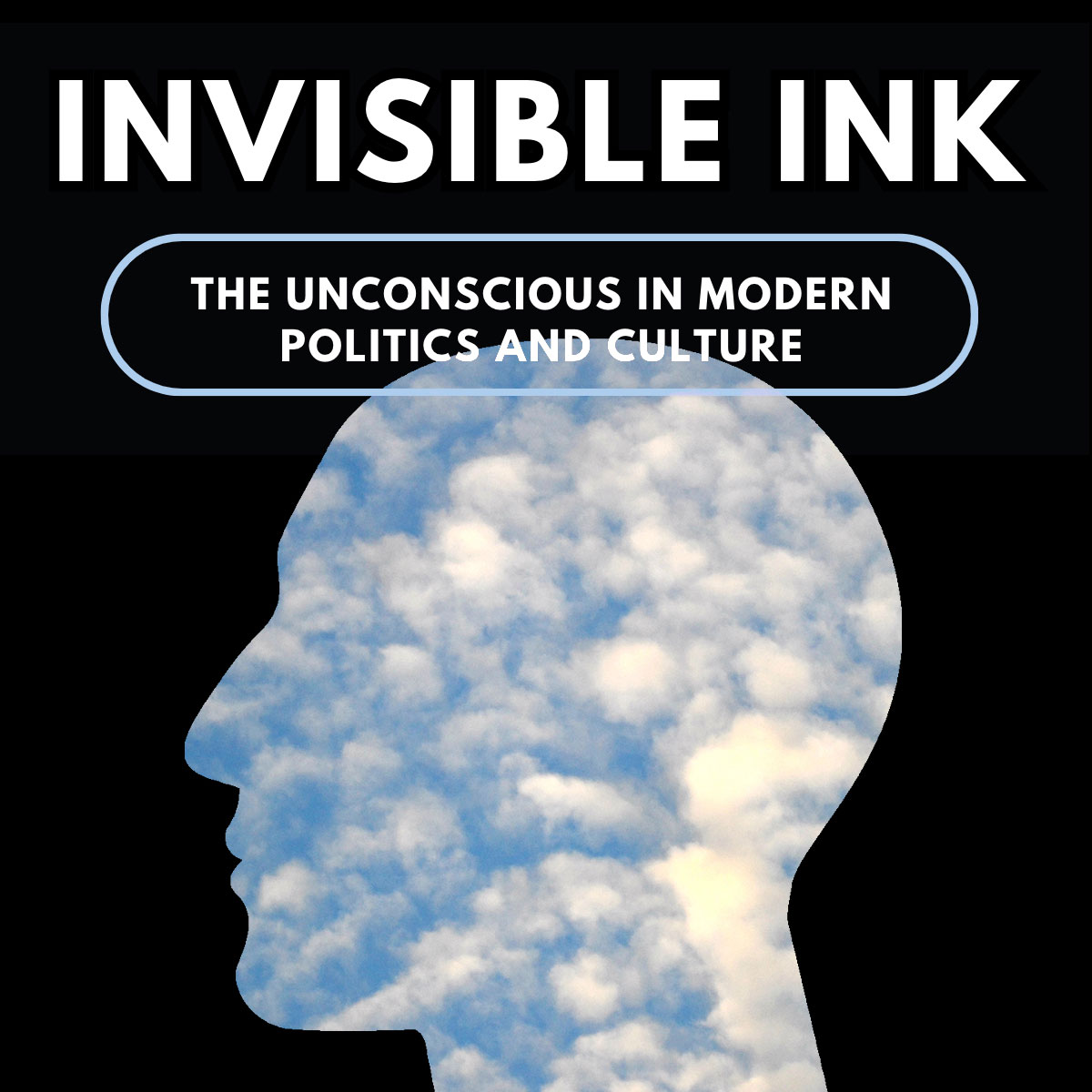So I was reading an interview the other day with this real asshole Tom Homan who used to run ICE when Trump was president the first time around. And he’s called the father of family separations. And now he’s the so-called border czar And what he’s saying is that he’s going to do it again. He’s going to deport illegal parents with or without kids. He’s bad news and we really need to prepare for it. And one way of being prepared for it I think is to look at what happened the last time that Trump and Homan and his cronies set about to separate families at the border.
Why Christmas Can Be a Bummer For So Many People
In this episode I try to provide some understanding of how and why so many people get depressed around Christmas time. I begin by noting that there are broad cultural and social issues here at stake, including the ways in which non-Christians can experience themselves as excluded and depressively relegated to the sidelines in a culture that, driven by the capitalist engine, literally floods us every day with commodities and the promise that if we purchase and consume these commodities we will be happy. However, my interest here is in exploring the internal interest psychic world in which people react to various parts of this holiday with depression and disappointment. And I argue that this is an expression of the ways that the child in us affects our adult emotional life. As children, we symbolically equate receiving gifts with receiving love, and this stimulates various narcissistic wishes for perfection that are doomed to be frustrated and disappointed. It is these moments of discrepancy between the longed for and fantasized gratification of our wish for perfect love and the reality that depression arises. While common, “Christmas depression” is by no means universal and my analysis in no way denies that some or even many people might avoid suffering and even enjoy this time of year. Still, the pressures and undercurrents of depression, disappointment, loss and envy are great enough to warrant discussion.
Why We Cry at Happy Endings
When we find ourselves crying at movies or when reading books and stories, it’s often at happy endings, not during the parts that are objectively sad. The reason, it turns out, is that the unconscious mind regulates when and how we express and experience painful affects, and it does so according to its assessments of danger and safety. When we arrive at a “happy ending”—for example, the endangered hero is rescued or redeemed—our minds allow us to experience feelings that were present before this ‘resolution,” but were too threatening to fully experience. Examples from film, from stories of PTSD, and even politics are cited and explored.
Gaslighting: Child Abuse and the MAGA Right
The concept of “gaslighting” seems to be increasingly appearing in the media and public life. In this webcast I discuss The meaning of gaslight and explain how exactly it works. Gaslighting is a particular way in which someone is driven crazy because of being presented with conflicting views of reality, a sort of “confusion of tongues” that is made worse nowadays because of all the ways that the MAGA Right have undermined the authority of institutions that people normally rely on to adjudicate truth claims, institutions like science, government, religious institutions, and the judiciary. Gaslighting was first described as a form of child abuse but is now considered, tragically, the way things are and the way they’re supposed to be.
